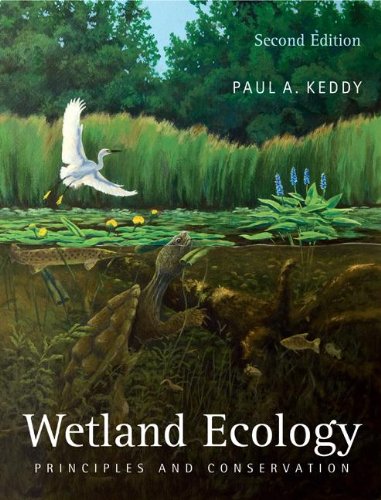

Most ebook files are in PDF format, so you can easily read them using various software such as Foxit Reader or directly on the Google Chrome browser.
Some ebook files are released by publishers in other formats such as .awz, .mobi, .epub, .fb2, etc. You may need to install specific software to read these formats on mobile/PC, such as Calibre.
Please read the tutorial at this link: https://ebookbell.com/faq
We offer FREE conversion to the popular formats you request; however, this may take some time. Therefore, right after payment, please email us, and we will try to provide the service as quickly as possible.
For some exceptional file formats or broken links (if any), please refrain from opening any disputes. Instead, email us first, and we will try to assist within a maximum of 6 hours.
EbookBell Team

0.0
0 reviewsRichly illustrated and packed with numerous examples, this unique global perspective introduces wetland ecology from basic principles to advanced applications. Thoroughly revised and reorganised, this new edition of this prize-winning textbook begins with underlying causal factors, before moving on to more advanced concepts that add depth and context. Each chapter begins with an explanation of the basic principles covered, illustrated with clear examples. More difficult concepts and exceptions are introduced only once the general principle is well-established. Key principles are now discussed at the beginning of the book, and in order of relative importance, enabling students to understand the most important material without wading through complex theory. New chapters on wetland restoration and wetland services draw upon practical examples from around the world, providing a global context, and a new chapter on research will be particularly relevant to the advanced student planning their own studies.